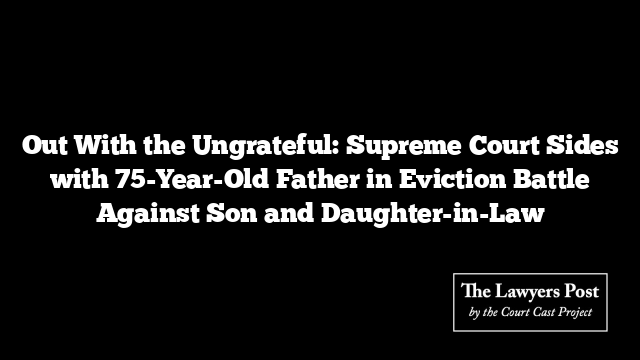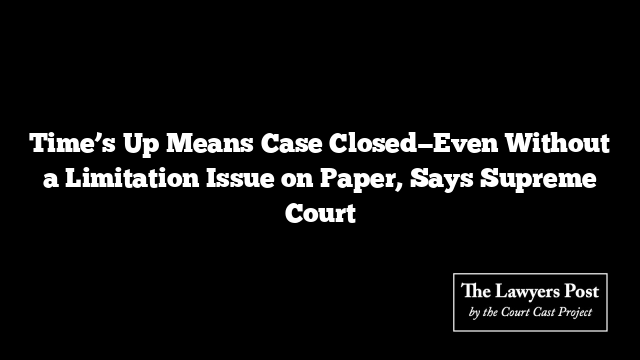In a no-nonsense reminder to the judiciary, the Supreme Court has made it clear: calling in the Central Bureau of Investigation (CBI) isn’t a button to press on a hunch or a grievance dressed up as an allegation.
This came as the top court overturned a decision by the Punjab and Haryana High Court, which had handed over an extortion case to the CBI based largely on the complainant’s claim that local police were too cozy with the accused. The apex court said such vague, unsupported suspicions don’t cut it.
The bench, led by Justices Sudhanshu Dhulia and K. Vinod Chandran, pulled no punches. “CBI probes are not default responses,” the court stressed. “They’re exceptional tools, not routine options.”
They leaned on precedent—specifically, the 2010 Constitution Bench verdict in State of West Bengal v. Committee for Protection of Democratic Rights, which set the gold standard for when a CBI investigation is warranted. That ruling held that the CBI should be brought in only when absolutely necessary—say, if there are national ramifications, or if a fair probe can’t happen locally.
The case at hand? A man accused of impersonating an Intelligence Bureau officer and allegedly swindling ₹1.49 crore. The complainant cried foul, alleging police collusion. The High Court, buying the story with little to show for it, sent the case to the CBI.
But the Supreme Court wasn’t convinced. The judgment highlighted that the local Special Investigation Team, led by an Assistant Commissioner of Police, was already handling the matter. No credible evidence had been produced to show bias or incompetence.
The top court’s takeaway was sharp: vague suspicions don’t warrant a federal probe. “The ‘ifs’ and ‘buts’ of unsubstantiated claims aren’t enough to set the CBI in motion,” the bench ruled.
In the end, the High Court’s decision was quashed, and the local investigation got the green light to continue.





